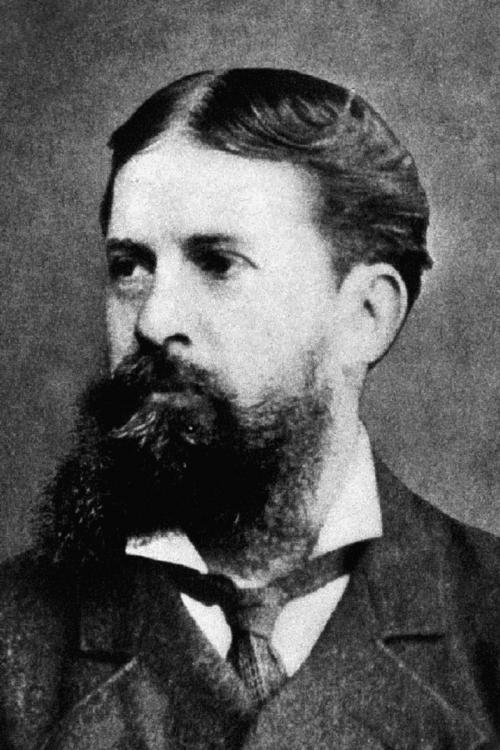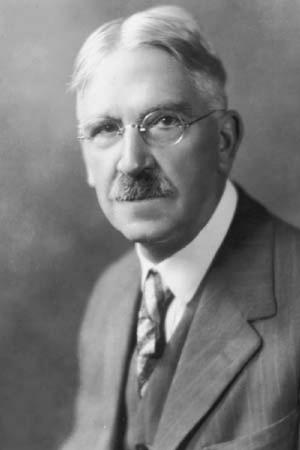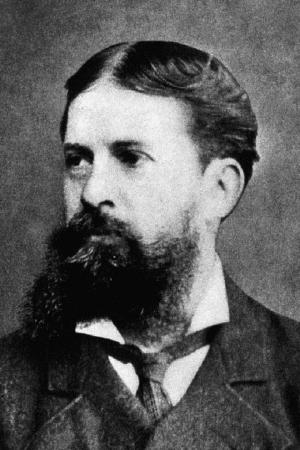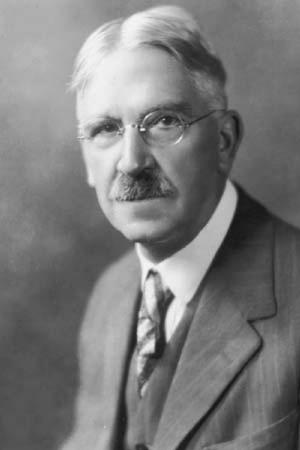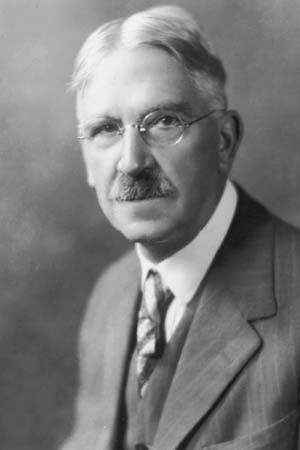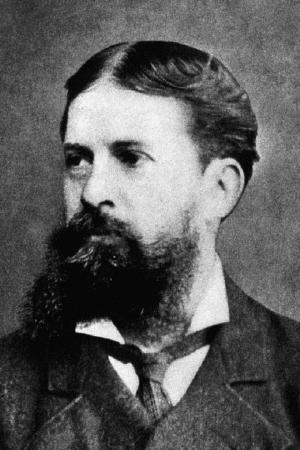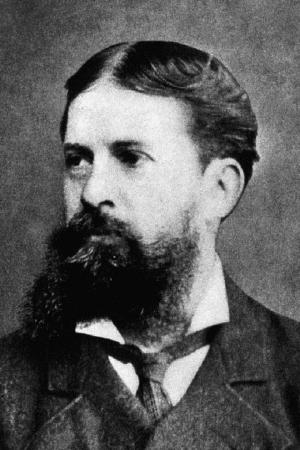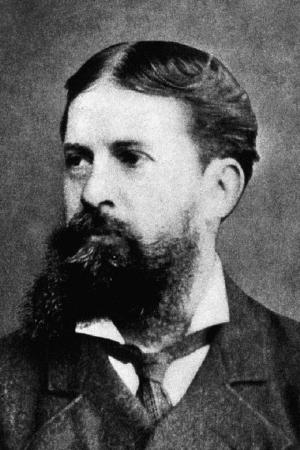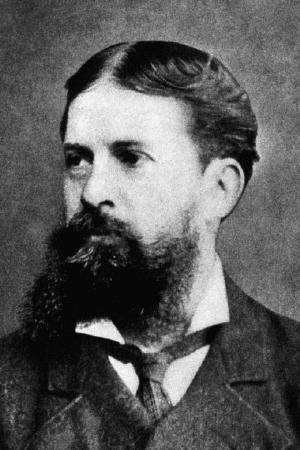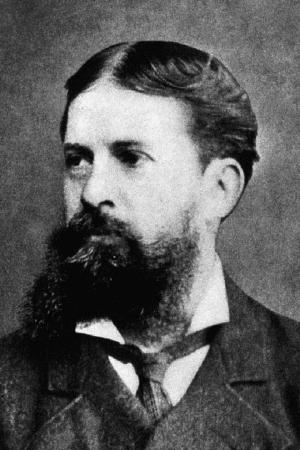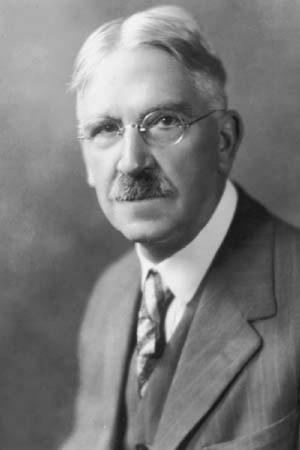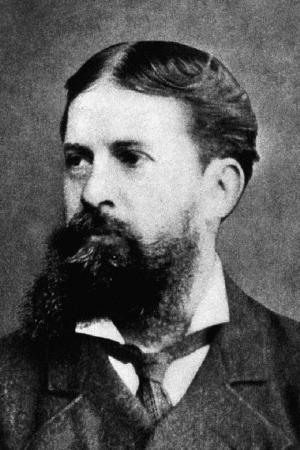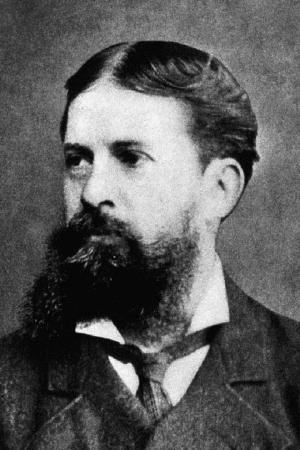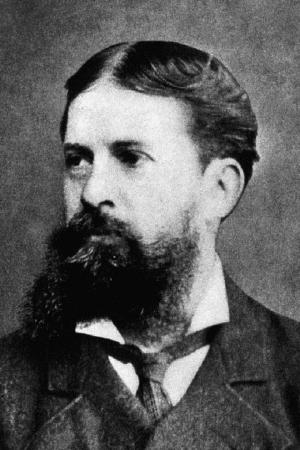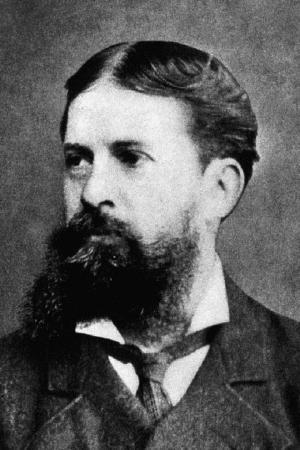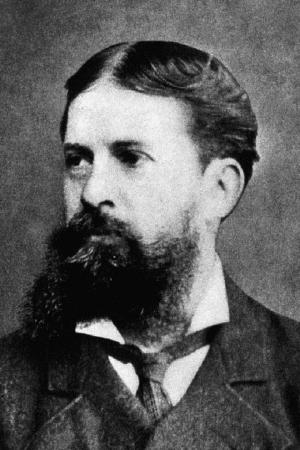| Author: | Charles Peirce, Timeless Books: Editor | ISBN: | 1230001230222 |
| Publisher: | Timeless Books | Publication: | July 14, 2016 |
| Imprint: | Language: | English |
| Author: | Charles Peirce, Timeless Books: Editor |
| ISBN: | 1230001230222 |
| Publisher: | Timeless Books |
| Publication: | July 14, 2016 |
| Imprint: | |
| Language: | English |
The book has an active table of contents for readers to access each chapter directly.
In 1934, Paul Weiss, an American philosopher, the founder of The Review of Metaphysics, and the Metaphysical Society of America, called Charles Peirce "the most original and versatile of American philosophers and America's greatest logician".
In 1943, Webster's Biographical Dictionary added Charles Peirce’s introduction as "now regarded as the most original thinker and greatest logician of his time."
Max Fisch, a well-known writer of identity, individuality, responsibility, morality, and political commitment, commented Charles Peirce as the follow:
“Who is the most original and the most versatile intellect that the Americas have so far produced? The answer Charles S. Peirce is uncontested, because any second would be so far behind as not to be worth nominating. He was mathematician, astronomer, chemist, geodesist, surveyor, cartographer, metrologist, spectroscopist, engineer, inventor; psychologist, philologist, lexicographer, historian of science, mathematical economist, lifelong student of medicine; book reviewer, dramatist, actor, short story writer; phenomenologist, semiotician, logician, rhetorician and metaphysician.”
Without any doubt, Charles Peirce is in the row of the best minds with Henry George, William James, Thorstein Veblen, and Ludwig Wittgenstein.
In 1878, Charles Peirce published his foundational paper to his theory of logic and science THE PROBABILITY OF INDUCTION. In this paper, Peirce discussed that the problem of induction was the philosophical question of whether inductive reasoning led to knowledge understood in the classic philosophical sense. He assessed the problem from a probability and logic perspective by asserting that “WE have found that every argument derives its force from the general truth of the class of inferences to which it belongs; and that probability is the proportion of arguments carrying truth with them among those of any genus. This is most conveniently expressed in the nomenclature of the mediæval logicians. They called the fact expressed by a premise an antecedent, and that which follows from it its consequent; while the leading principle, that every (or almost every) such antecedent is followed by such a consequent, they termed the consequence. Using this language, we may say that probability belongs exclusively to consequences, and the probability of any consequence is the number of times in which antecedent and consequent both occur divided by the number of all the times in which the antecedent occurs.”
This is a must-read book to understand the foundational thought of Philosophy, Logic, and Science by Charles Peirce, one of the greatest philosophers and logicians in the world.
The book has an active table of contents for readers to access each chapter directly.
In 1934, Paul Weiss, an American philosopher, the founder of The Review of Metaphysics, and the Metaphysical Society of America, called Charles Peirce "the most original and versatile of American philosophers and America's greatest logician".
In 1943, Webster's Biographical Dictionary added Charles Peirce’s introduction as "now regarded as the most original thinker and greatest logician of his time."
Max Fisch, a well-known writer of identity, individuality, responsibility, morality, and political commitment, commented Charles Peirce as the follow:
“Who is the most original and the most versatile intellect that the Americas have so far produced? The answer Charles S. Peirce is uncontested, because any second would be so far behind as not to be worth nominating. He was mathematician, astronomer, chemist, geodesist, surveyor, cartographer, metrologist, spectroscopist, engineer, inventor; psychologist, philologist, lexicographer, historian of science, mathematical economist, lifelong student of medicine; book reviewer, dramatist, actor, short story writer; phenomenologist, semiotician, logician, rhetorician and metaphysician.”
Without any doubt, Charles Peirce is in the row of the best minds with Henry George, William James, Thorstein Veblen, and Ludwig Wittgenstein.
In 1878, Charles Peirce published his foundational paper to his theory of logic and science THE PROBABILITY OF INDUCTION. In this paper, Peirce discussed that the problem of induction was the philosophical question of whether inductive reasoning led to knowledge understood in the classic philosophical sense. He assessed the problem from a probability and logic perspective by asserting that “WE have found that every argument derives its force from the general truth of the class of inferences to which it belongs; and that probability is the proportion of arguments carrying truth with them among those of any genus. This is most conveniently expressed in the nomenclature of the mediæval logicians. They called the fact expressed by a premise an antecedent, and that which follows from it its consequent; while the leading principle, that every (or almost every) such antecedent is followed by such a consequent, they termed the consequence. Using this language, we may say that probability belongs exclusively to consequences, and the probability of any consequence is the number of times in which antecedent and consequent both occur divided by the number of all the times in which the antecedent occurs.”
This is a must-read book to understand the foundational thought of Philosophy, Logic, and Science by Charles Peirce, one of the greatest philosophers and logicians in the world.
